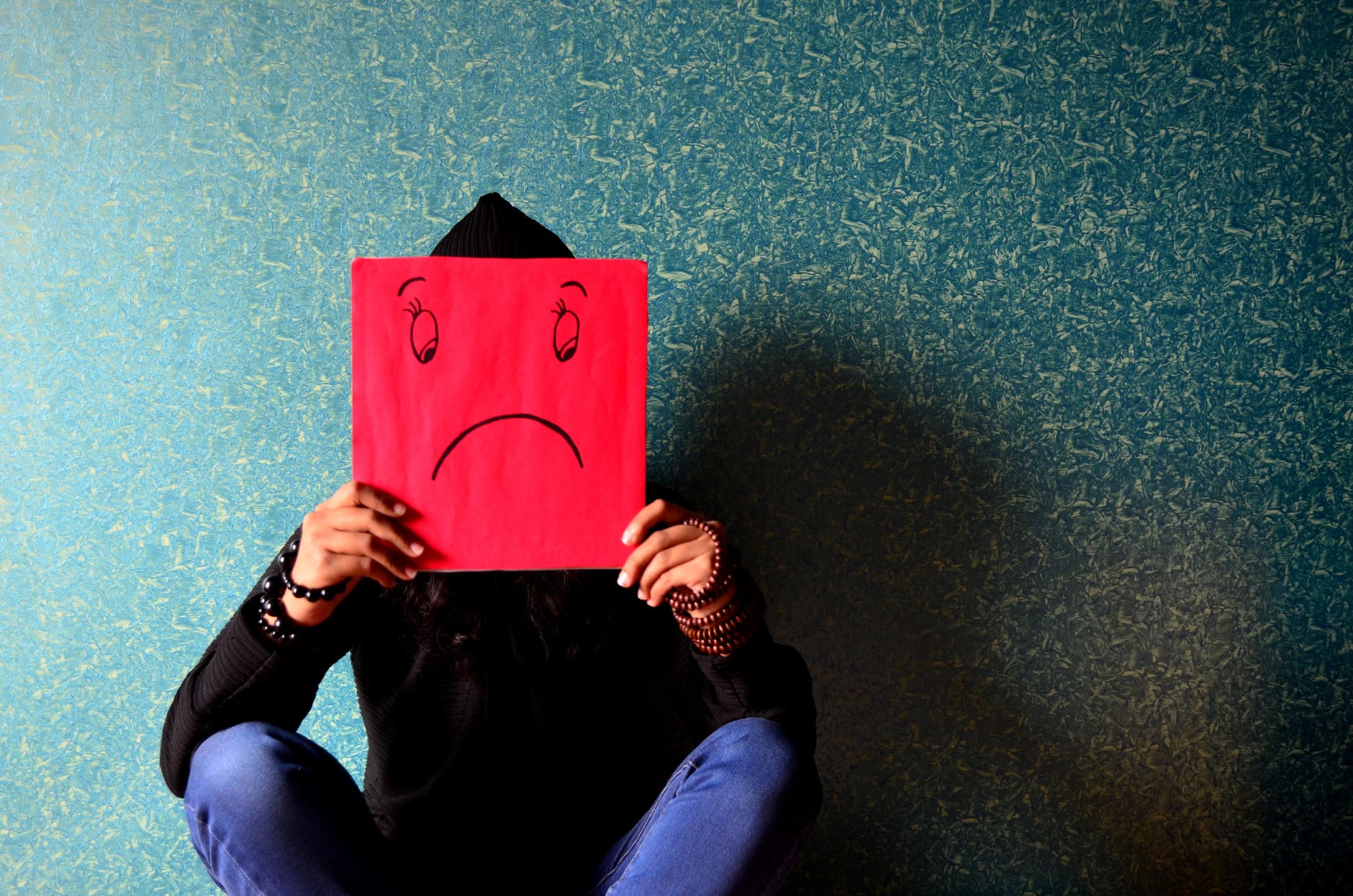Male Hypogonadotropic hypogonadism
Hypogonadism is a condition in which the male testes produce little or no sex hormones.
Hypogonadotropic hypogonadism is a form of hypogonadism that is due to a problem with the pituitary gland or hypothalamus. It is caused by a lack of hormones that normally stimulate the testes. These hormones include gonadotropin-releasing hormone (GnRH), follicle-stimulating hormone (FSH) and luteinizing hormone (LH).
Causes of hypogonadotropic hypogonadism
Kallmann syndrome. Abnormal development of the hypothalamus — the area of the brain that controls the secretion of pituitary hormones — can cause hypogonadism. This abnormality is also associated with impaired development of the ability to smell (anosmia) and red-green color blindness.

- Pituitary disorders.An abnormality in the pituitary gland can impair the release of hormones from the pituitary gland to the testicles, affecting normal testosterone production. A pituitary tumor or brain tumors located near the pituitary gland may cause testosterone. In addition, the treatment for a brain tumor, such as surgery or radiation therapy, may impair pituitary function and cause hypogonadism.
- Inflammatory disease. Certain inflammatory diseases, such as sarcoidosis, histiocytosis and tuberculosis, involve the hypothalamus and pituitary gland and can affect testosterone production, causing hypogonadism.
- HIV/AIDS. HIV/AIDS can cause low levels of testosterone by affecting the hypothalamus, the pituitary and the testes.
- Medications. The use of certain drugs, such as opiate some hormones, can affect testosterone production.
- Obesity. Being significantly overweight may be linked to hypogonadism.
- Normal aging. Older men generally have lower testosterone levels than younger men. As men age, there is a decrease in testosterone production.
- Concurrent illness. The reproductive system can shut down due to the physical stress of an illness or surgery, as well as emotional stress. This is a result of diminished signals from the hypothalamus and usually resolves with successful treatment of the underlying condition
In adult males, hypogonadism alter masculine physical characteristics and impair normal reproductive function. Signs and symptoms may include:
- Erectile dysfunction
- Infertility
- Decrease in body hair growth
- Decrease in muscle mass
- Enlargement in breast (gynecomastia)
- Loss of bone mass (osteoporosis)
Hypogonadism can also cause mental and emotional changes. As testosterone decreases, some men may experience symptoms similar to those of menopause in women. These may include:

- Fatigue
- Decreased sex drive
- Difficulty concentrating
- Hot flashes
TREATMENT
- Testosterone therapy for males is used to improve genital development, develop secondary sexual
- Characteristics, allow for the growth and closure of the epiphyseal plate, and improving sexual Function. This therapy does not restore fertility, as gonadotropins are required for spermatogenesis If fertility is desired, pulsatile GnRH therapy or gonadotropin therapy is necessary.
- Gonadotropin therapy involves the use of human chorionic gonadotropin (hCG) and FSH. HCG
- Stimulates Leyding cells to produce testosterone. With the increased levels of testosterone, sexual activity, libido and overall wellbeing should improve.
- Administration of FSH is required to induce spermatogenesis by acting on Sertoli cells.
- FSH is required for maintaining the production of high numbers of good quality sperm.
- Gonadotropin therapy in HH men usually is able to generate enough sperm for fertility to occur BUT sperm count is still lower than normal.
- For hyperprolactinemia, dopamine agonists are used to improve GnRH secretion. These results in the inhibition of secretion of prolactin resulting in less direct and indirect inhibition of GnRH secretion.
- In up to 10-20% of cases, patients can exhibit sustained fertility and steroid production after therapy, resulting in hypogonadotropic hypogonadism reversal. The mechanism for this reversal is unknown, but there is believed to be some neuronal plasticity within GnRH releasing cells.
Dr Najeeb Layyous F.R.C.O.G
Consultant Obstetrician, Gynecologist and Infertility Specialist







 Pregnancy Due Date Calculator
Pregnancy Due Date Calculator
 Chinese Gender Predictor
Chinese Gender Predictor
 Ovulation Calculator
Ovulation Calculator
 IVF Due Date Calculator
IVF Due Date Calculator
